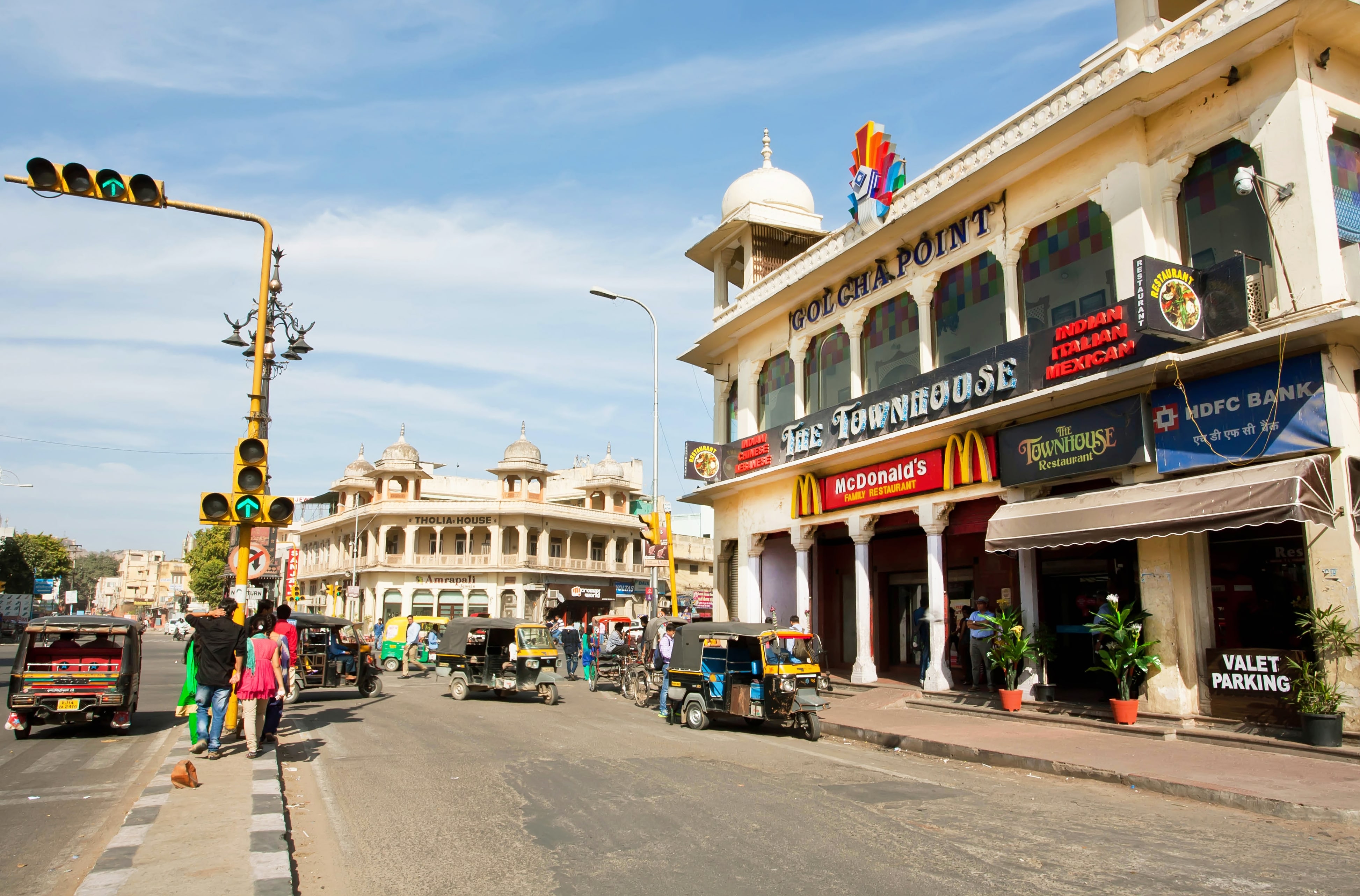
Worth $57bn, India’s foodservice market is one of the world’s most lucrative. However, this boom has come at a price. British medical journal The Lancet estimates the number of obese men and women in India hit 30 million in 2014, while the Times of India reported the country was home to 60 million cases of diabetes in 2015.
Some areas have already taken action. Last year, Kerala, one of India’s most overweight states, introduced a 14.5% tax on burgers, pizzas, doughnuts and tacos served in branded restaurants.
Now the government is pushing for widespread change. Prime Minister Narendra Modi is reportedly on the verge of confirming proposals requiring manufacturers to display fat, sugar and salt content on packaging. This could be rolled out as soon as April. A nationwide “fat tax” is also in the offing as a longer-term plan.
In February, the backlash began. Executives from corporations including PepsiCo, Nestle and consumer organisation ITC met with trade groups in New Delhi to discuss a unified message in the face of more stringent regulation.
Estimates suggest India’s carbonated drinks sector will grow by an average 3.7% and the packaged food sector by 8% annually between 2017 and 2021. With the likes of PepsiCo, Coca-Cola, Nestlé and McDonalds pumping billions of dollars into the country to tap its immense potential, the multinationals are gearing up to battle legislation that could get in their way.
The Indian government shows no signs of backing down from its proactive stance on public health, while multinational foodservice firms have shown their appetite for unity against new red tape. The standoff’s fallout could have significant foodservice implications for years to come.
Thomas Lawrence
